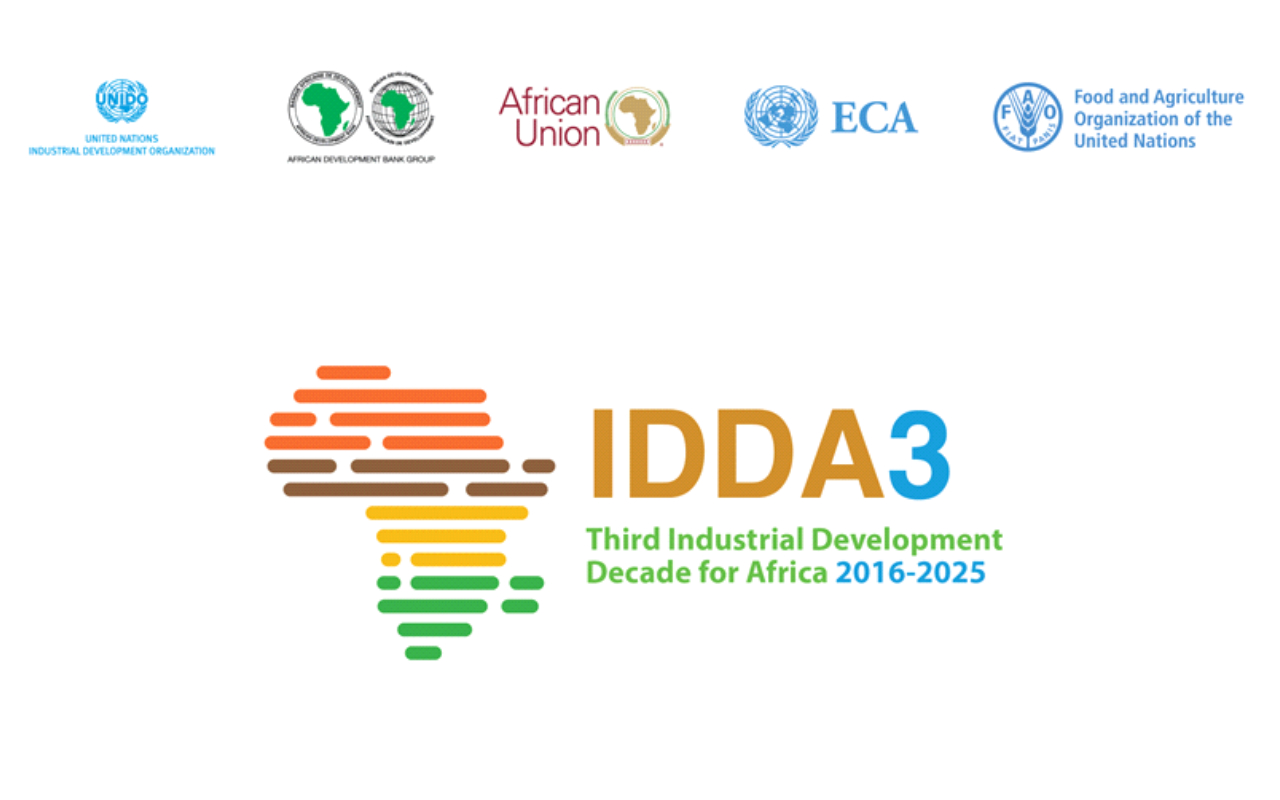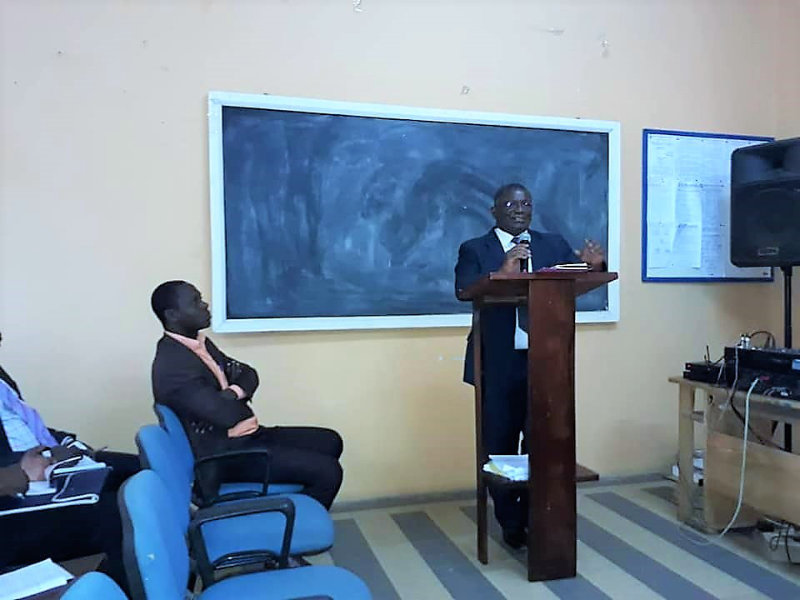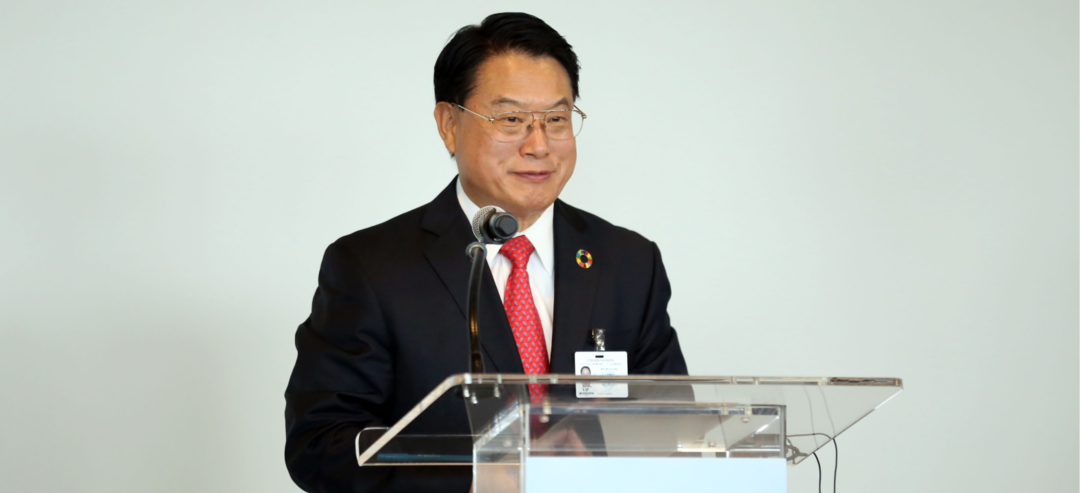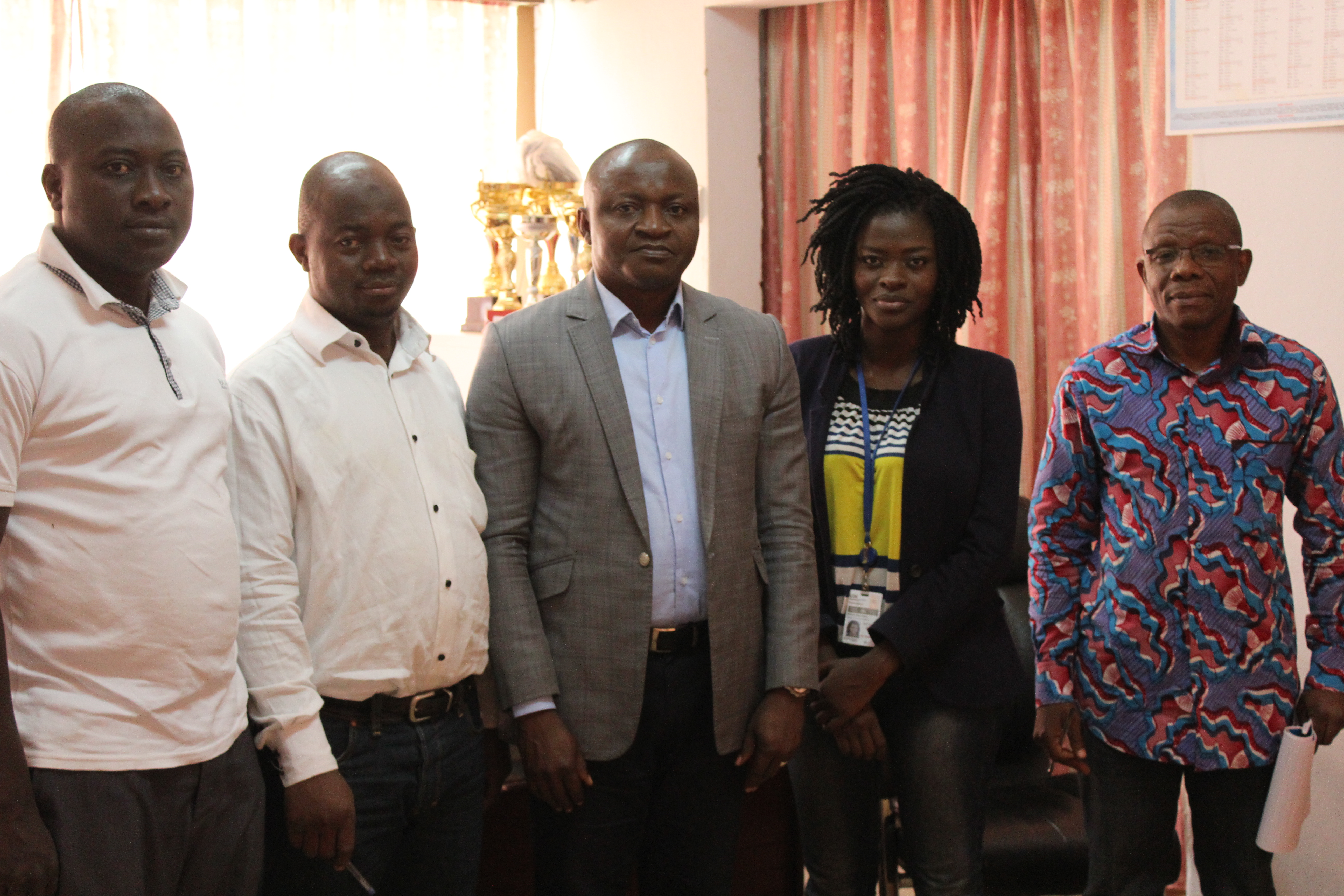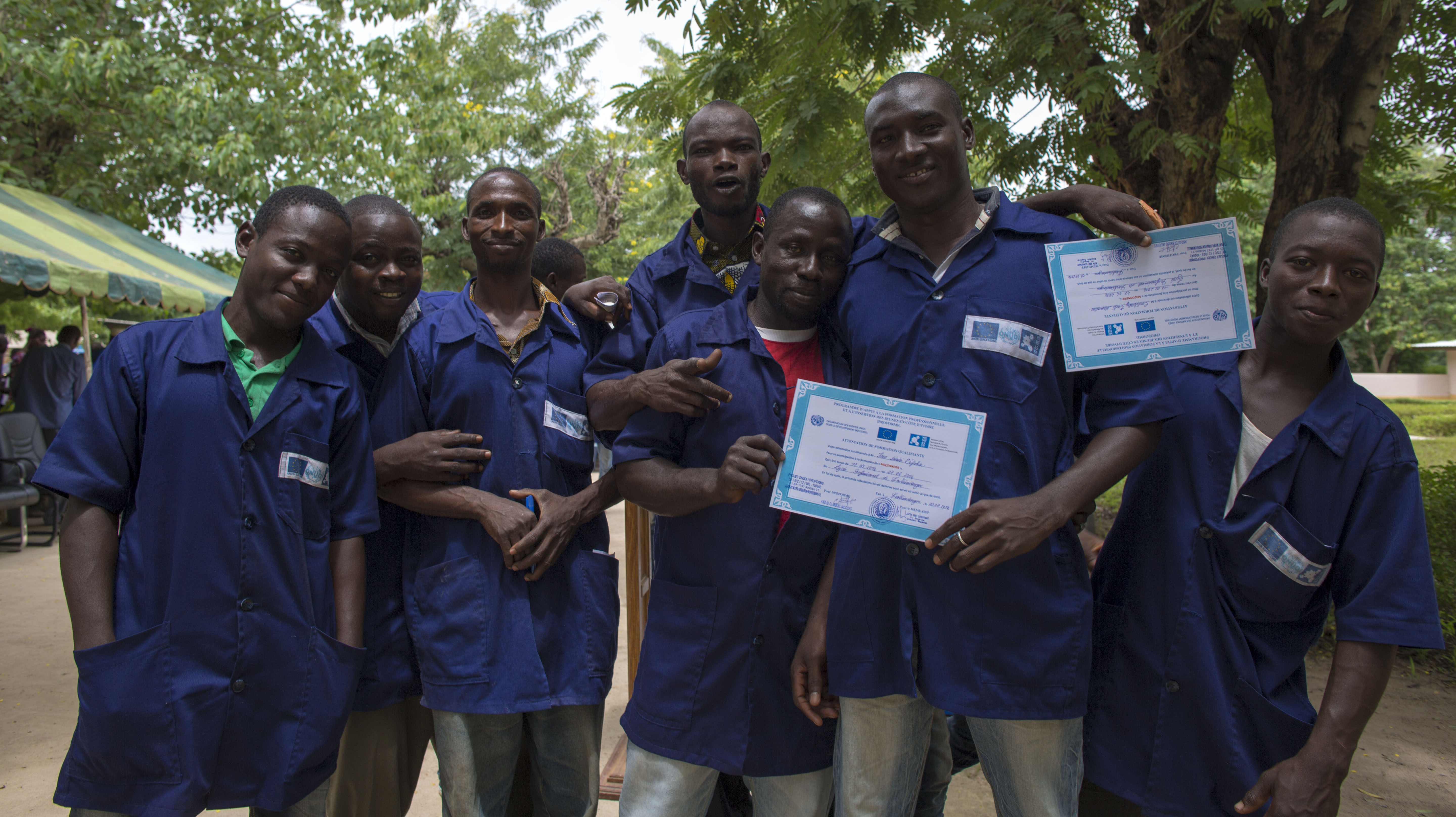[vc_row][vc_column width= »1/4″][/vc_column][vc_column width= »1/4″][vc_single_image image= »36106″ img_size= »full » onclick= »custom_link » title= »TELECHARGER » link= »http://onudi.ci/wp-content/uploads/2018/11/FINAL_Advisory_AfricaDay_EIB_.pdf »][/vc_column][vc_column width= »1/4″][vc_single_image image= »36105″ img_size= »full » onclick= »custom_link » img_link_target= »_blank » title= »TELECHARGEZ » link= »http://onudi.ci/wp-content/uploads/2018/11/MEDIA-ADVISORY-AID-20-November.pdf »][/vc_column][vc_column width= »1/4″][/vc_column][/vc_row]
Enhancing global partnerships for IDDA III – Key for successful implementation of the African Continental Free Trade Area (AfCFTA)
[vc_row][vc_column][vc_column_text]
ENHANCING GLOBAL PARTNERSHIP FOR IDDA III – KEY FOR SUCCESSFUL IMPLEMENTATION OF THE AFRICAN CONTINENTAL FREE TRADE AREA (AfCFTA)
26 SEPTEMBER 2018, NEW YORK, USA
[/vc_column_text][/vc_column][/vc_row][vc_row][vc_column][vc_column_text]HIGH-LEVEL EVENT IN NEW YORK 2018
ENHANCING GLOBAL PARTNERSHIP FOR IDDA III – KEY FOR SUCCESSFUL IMPLEMENTATION OF THE AFRICAN CONTINENTAL FREE TRADE AREA (AfCFTA)
NEW YORK, 26 SEPTEMBER 2018 | 7:30-10:00 AM
To further foster the implementation of the Third Industrial Development Decade for Africa (IDDA III), a high-level event will be held in New York on the margins of the 73rd Session of the United Nations General Assembly.
Placed under the theme “Enhancing global partnerships for IDDA III – Key for successful implementation of the African Continental Free Trade Area (AfCFTA)”, the event is organized by UNIDO together with the African Union Commission (AUC), the African Development Bank (AfDB), the United Nations Economic Commission for Africa (UNECA), and the Food and Agriculture Organization of the United Nations (FAO).
UNIDO Director General LI Yong will introduce the event, followed by a key message of the United Nations Deputy Secretary-General Ms. Amina J. Mohammed and remarks by H.E. Paul Kagame President of Rwanda in his capacity as the current AUC Chairperson.
Interactive discussions will be held around two themes: “Ushering in a new era of intra-African trade: Challenges and opportunities for African industrial growth” and “Strengthening the involvement of the international community in African industrialization following the launch of the AfCFTA”.
The interventions will focus on how inclusive and sustainable industrial development and the IDDA III initiative can support the implementation of the African Continental Free Trade Area through enhanced competitiveness at the industry and enterprise level, while providing a platform to reflect on innovative ways of leveraging global partnerships and mobilizing financial and non-financial resources for trade capacity building in Africa.
The high-level event is expected to bring together more than 100 high-level stakeholders, including Heads of States and high-level government representatives, representatives of the Regional Economic Communities (RECs), development financing institutions, UN agencies, bilateral partners, private sector, NGOs and academia.
Further Information:
IDDA III Initiative| High-level Event | Press Release (available as of 26 September 2018)
IDDA III Roadmap | IDDA III Resolution
KEY COMMUNICATION MESSAGES
- In the next few decades, Africa will become the youngest and most populous continent in the world with a working age population expected to grow by 450 million people – around 70 percent – by 2035.
- Job creation in Africa has not kept pace with the growing workforce, and the rural population, the urban poor, women and youth have not yet benefited from economic growth. Africa has a great opportunity to reduce poverty and inequality and create jobs for young people.
- The AfCFTA provides a chance for African countries to move away from resource-dependence and transform into dynamically diversified economies and competitive industrial production locations.
- AfCFTA has the potential to be the world’s largest free trade area with a market covering 1.2 billion people and a combined GDP of over USD 3.5 trillion.
- Intra-African trade as a share of total African trade was 15.3 per cent in 2015, whereas, for example, trade among developing economies in Eastern Asia as a share of the total was 32.1 per cent. Eliminating import duties can boost intra-African trade by an estimated 53.2 per cent by 2020, which could also be doubled if non-tariff barriers are reduced.
- Following the launch of the AfCFTA, Africa’s industrial development will depend on effective Governments, investors, the United Nations family, development finance institutions, the private sector and civil society must redouble efforts to work together for Africa’s industrialization.
- The Programme for Country Partnership (PCP) is a multi-stakeholder partnership model led by the respective governments and aligned with their own development agenda, synchronizing development efforts and interventions by governments and partners, and mobilizes large-scale resources to accelerate industrialization and achieve greater development impact.
- UNIDO has developed a comprehensive programme to help developing countries and economies in transition to overcome the shortcomings of their standards and conformity infrastructure.
Further Information:
SOCIAL MEDIA ACCOUNTS
| UNIDO: www.facebook.com/UNIDO.HQ/
AfDB: www.facebook.com/AfDBGroup/ AUC: www.facebook.com/AfricanUnionCommission/ |
|
|
UNIDO: www.twitter.com/UNIDO AfDB: www.twitter.com/AfDB_Group AUC: www.twitter.com/_AfricanUnion UNECA: www.twitter.com/ECA_OFFICIAL |
|
|
UNIDO: www.linkedin.com/company/unido/ AfDB: www.linkedin.com/company/african-development-bank/ AUC: https://at.linkedin.com/company/african-union-commission-addis-ababa UNECA: www.linkedin.com/company/united-nations-economic-commission-for-africa/ FAO: www.linkedin.com/company/fao/
|
|
| UNIDO: www.instagram.com/unido_newsroom/ | |
| UNIDO: @联合国⼯工业发展组织 | |
| UNIDO: @UNIDO_ |
ANNEX I
OPINION ARTICLE BY THE DIRECTOR GENERAL
“Seize the opportunity offered by Africa’s continental free trade area”
Since the turn of the millennium, Africa has experienced a steady and unprecedented economic growth.
However, poverty continues for people across the continent, especially in the sub-Saharan region. Unemployment and inequality have remained high. The rural population and the urban poor, women and youth, have not benefited from economic growth.
African policymakers realize that, for the benefits of growth to be shared by all, there needs to be a structural transformation of the economy. Specifically, there is an acknowledgement that its composition should change, with increased shares of manufacturing and agro-related industry in national investment, output, and trade.
Manufacturing, thanks to its multiplier effect on other sectors of the economy, has always been one of the most important drivers of economic development and structural change, especially in developing countries. Manufacturing is an « engine of growth » that enhances higher levels of productivity and greater technical change, thus creating more jobs with higher wages for both women and men.
Recognizing this, the United Nations has proclaimed the period 2016-2025 as the Third Industrial Development Decade for Africa (IDDA III) in order to increase global awareness and encourage partnerships to achieve inclusive and sustainable industrialization.
Today, Africa has exceptional opportunities for industrialization.
In the next few decades, Africa will become the youngest and most populous continent in the world with a working age population expected to grow by 450 million people. or close to 70 per cent of the total, by 2035.
With a rapidly growing population, and one of the world’s highest rates of urbanization, the middle class is on the rise too. This will drive consumption of consumer goods, creating a market worth USD 250 billion, set to grow at an annual rate of 5 per cent over the next eight years.
Industrialization, diversification and job creation in Africa, however, cannot happen without continental economic integration. The recent signing of the historic agreement for an African Continental Free Trade Area (AfCFTA) by 49 out of 55 countries creates an opportunity for inclusive and sustainable economic development, moving away from structural stagnation and commodity-based economics. The AfCFTA agreement will create the world’s largest single, integrated market for goods and services, and a customs union that will enable free movement of capital and business travelers in Africa.
This will provide great business opportunities for trading enterprises, businesses and consumers, unlocking trade and manufacturing potential and further enhancing industrialization in Africa. With the AfCFTA agreement, exports of processed or intermediate goods will increase rapidly, further opening the way to Africa’s economic transformation to dynamically-diversified economies and globally competitive industrial production locations.
Higher trade among African countries will also strengthen African regional value chains, making it easier for local small and medium-sized enterprises, which account for around 80 per cent of Africa’s businesses, to build competitiveness, supply inputs to larger regional companies, and participate in and upgrade to global value chains.
This will give unprecedented opportunities to exploit the full agri-business potential of the continent. Strengthening the continent’s agro-industries can generate high social and economic returns, create jobs in rural areas and for young women and men, as well as responding to the urgent need to ensure food security and poverty reduction.
By taking bold actions in advancing the agenda of the AfCFTA, using it as one of the best means of promoting industrialization, African countries are well-positioned to build an Africa that can become a strong link in today’s interdependent global economy.
Structural transformation, however, is never automatic. Political goodwill and commitments are a first important step; but a multi-pronged, action-based approach with partnerships at the heart, along with concrete industrial policies, is needed for this to become a reality.
That is why UNIDO has developed an innovative country-owned, multi-stakeholder partnership model to provide governments with a platform to bring together various stakeholders, including development finance institutions and the private sector, to mobilize large-scale resources, accelerate industrialization and achieve a greater development impact.
Using this Programme for Country Partnership (PCP) approach, and helping governments to identify priority sectors based on prospects for job creation, strong links to the agricultural sector, high export potential and capacity to attract investment, UNIDO has already started assisting Ethiopia, Senegal, Morocco and other countries in Asia and Latin America in achieving their export goals and enabling the manufacturing sector to compete on the increasingly globalized market.
Now more than ever, such innovative schemes and mechanisms for enabling partnership building and resource mobilization for sustainable industrial development are needed to address the urgent need for structural transformation in Africa and seize the opportunities offered by the AfCFTA.
LI Yong
Director General
United Nations Industrial Development Organization (UNIDO)
Further information:
LI Yong’s biography and official portrait
For more Information, please contact us:
Claudia Groessing
Coordination of IDDA III Advocacy and Promotional Campaign,
Advocacy and Media Relations Division
Email: c.groessing@unido.org
Phone: +43-1-26026-4016
Vincent Fournier
Coordination of IDDA III Advocacy and Promotional Campaign,
Advocacy and Media Relations Division
Email: f.vournier@unido.org
Phone: +43-1-26026-3429
[/vc_column_text][/vc_column][/vc_row]
Agenda
[vc_row][vc_column width= »2/3″][add_eventon show_et_ft_img= »yes » ft_event_priority= »yes » only_ft= »no » hide_past= »no » event_order= »DESC » event_count= »4″ etc_override= »yes » ux_val= »3″ evc_open= »no » jumper= »no » hide_so= »no »][/vc_column][vc_column width= »1/3″][/vc_column][/vc_row]
Atelier de formation à la gouvernance institutionnelle et à l’administration scolaire
[vc_row][vc_column width= »1/2″][vc_column_text]Sous financement de l’Union européenne, L’ONUDI organise depuis le lundi 27 Août 2018, au Collège d’Enseignement de Bouaké, un atelier de formation à la gouvernance institutionnelle et à l’administration scolaire des directeurs régionaux, des directeurs départementaux, des cadres de Direction de la Formation professionnelle Initiale et de l’Institut Pédagogique National de l’Enseignement Technique et Professionnel.
[/vc_column_text][dt_media_gallery_carousel image_border_radius= »0px » project_icon_border_width= »0px » arrow_bg_width= »36x » arrow_border_width= »0px » r_arrow_icon_paddings= »0px 0px 0px 0px » r_arrow_v_offset= »0px » l_arrow_icon_paddings= »0px 0px 0px 0px » l_arrow_v_offset= »0px » include= »36143,36142″][/vc_column][vc_column width= »1/2″][dt_fancy_image image_id= »36144″][/vc_column][/vc_row]
The Third Industrial Development Decade for Africa: From political commitment to actions on the ground
L’Afrique et l’opportunité d’une décennie IDDA3
Auteur : LI Yong, Directeur général de l’Organisation des Nations Unies pour le développement industriel
Depuis l’an 2000, le continent africain a affiché d’impressionnants taux de croissance économique. Toutefois, cette performance remarquable a été en grande partie due à l’essor prolongé des matières premières et de l’aide au développement. Bien que le continent montre une grande diversité au niveau de la trajectoire socio-économique de ses pays, les taux de croissances ont généralement masqué une faible transformation structurelle pourtant nécessaire à la réalisation d’un développement durable et inclusif.
L’industrialisation a toujours joué un rôle moteur dans le processus de diversification économique. Elle a aussi contribué au développement, au renforcement et au maintien des conditions favorables à la croissance économique et au développement.
Depuis plusieurs décennies, certains pays en développement – principalement en Asie – ont réussi à s’industrialiser. L’Afrique n’y est pas parvenue malgré les tentatives répétées. En examinant les parts dans la valeur ajoutée manufacturière mondiale en 2014, on constate que la région de l’Asie et du Pacifique avait une part de 44.6%, alors que celle de l’Afrique n’était que de 1.6%. L’Afrique subsaharienne demeure la région la moins industrialisée du monde avec un seul pays, l’Afrique du Sud, considéré comme industrialisé.
 Les pays africains ne peuvent pas parvenir au développement durable sans une transformation structurelle de leurs économies. Ils cherchent à changer les structures de leurs économies en augmentant, de manière substantielle, la part de l’industrie – en particulier leur secteur manufacturier – dans les investissements nationaux, la production nationale et le commerce.
Les pays africains ne peuvent pas parvenir au développement durable sans une transformation structurelle de leurs économies. Ils cherchent à changer les structures de leurs économies en augmentant, de manière substantielle, la part de l’industrie – en particulier leur secteur manufacturier – dans les investissements nationaux, la production nationale et le commerce.
Les pays africains réalisent qu’ils doivent subir cette transformation structurelle afin de relever une série de défis étroitement connectés.
Un de ces défis reste la croissance démographique. Plus de la moitié des 1.2 milliards d’habitants du continent est âgée de moins de 19 ans et près d’une personne sur cinq a entre 15 et 24 ans. Chaque année, 12 millions de nouveaux travailleurs intègrent la population active. Les jeunes du continent ont besoin d’outils et de compétences pour prendre leur vie en main. L’industrialisation est la clé pour assurer que la population croissante du continent devienne un atout démographique.
La migration représente un autre défi important. Un grand nombre des jeunes les plus ambitieux et les plus entreprenants de l’Afrique se sentent obligés d’émigrer vers le Nord. Aucun pays ne peut se permettre de perdre un tel potentiel. La migration demeure un phénomène complexe et l’industrialisation peut apporter une solution à ses causes profondes en créant des emplois dans les pays d’origine.
En outre, la menace posée par le changement climatique pèse lourdement sur les pays où l’agriculture est la principale source d’emploi. L’Afrique doit mettre en œuvre et développer des technologies vertes et orienter les investissements vers l’efficacité des ressources et l’énergie propre. Ces investissements peuvent diminuer les coûts liés à l’électrification des régions rurales tout en contribuant aux efforts globaux visant à atténuer le changement climatique.
L’Afrique doit s’industrialiser et elle doit le faire d’une manière qui permet l’intégration sociale et qui est viable pour l’environnement.
Les efforts précédents en vue de favoriser une transformation économique durable en Afrique ont échoué et il est absolument nécessaire d’adopter une nouvelle approche. Mais à présent, il est crucial d’établir un processus large et propre à chaque pays qui met à profit les ressources financières et non financières, favorise l’intégration régionale et mobilise la coopération entre les partenaires du développement en Afrique.
Il s’agit de la motivation derrière la décision de l’Assemblée générale des Nations Unies de proclamer la période 2016-2025 comme la troisième Décennie du développement industriel pour l’Afrique (IDDA III).
L’Organisation des Nations Unies pour le développement industriel (ONUDI) mène cette nouvelle approche pour l’IDDA III. Nous appuyons pleinement les partenariats en vue de mobiliser des ressources et offrons un exemple déjà éprouvées pour implémenter l’approche : Programme de partenariat pays (PCP).
Le PCP de l’ONUDI inclut une assistance technique, des conseils en matière de politiques, l’établissement de normes et la mobilisation d’investissements. Le Programme permet ainsi d’appuyer la conception et la mise en œuvre d’instruments et de stratégies en matière d’industrialisation capable de réaliser un impact significatif sur le développement des pays.
Lancé en 2014, le modèle est mis en œuvre avec succès dans deux pays d’Afrique, en Éthiopie et au Sénégal, ainsi qu’au Pérou. Le PCP est aligné sur le programme de développement national de chaque pays et constitue un modèle de partenariats multipartites. Il a été conçu pour établir des synergies au niveau des interventions en cours entre gouvernements et partenaires, et ce, tout en mobilisant des fonds et des investissements supplémentaires pour les secteurs à fort potentiel de croissance.
Le PCP se concentre sur un nombre restreint de secteurs prioritaires ou de domaines qui sont essentiels aux programmes de développement industriel des gouvernements. Les secteurs prioritaires sont généralement sélectionnés sur la base de leur potentiel de création d’emploi, de la disponibilité de matières premières, du potentiel d’exportation et de la capacité d’attirer des investissements.
L’approche PCP est conçue pour maximiser l’impact en créant des synergies entre des programmes et projets partenaires pertinents pour le développement industriel. Les partenariats stratégiques avec les institutions financières et les entreprises constituent un intérêt particulier en vue de mobiliser des ressources additionnelles pour l’industrie, l’innovation, et l’infrastructure ainsi que pour les connaissances, l’expertise et les technologies.
La participation d’autres pays africains à l’approche PCP pourra fortement contribuer à la mise en œuvre réussie de la troisième Décennie du développement industriel de l’Afrique. L’ONUDI est prête à appuyer l’Afrique dans leurs efforts pour parvenir au développement industriel inclusif et durable.
50 ème anniversaire de l’ONUDI
La coopération entre la Côte d’Ivoire et l’ONUDI en détails à l’ occasion du 50ème anniversaire de l’ONUDI
Depuis que l’Organisation des Nations Unies pour le Développement Industriel (ONUDI) a été créé il y a 50 ans, elle a accompagné l’Afrique et l’a soutenu dans sa lutte contre la pauvreté et son rêve de prospérité.
Depuis 1976, l’ONUDI s’est engagée aux côtés des autorités de la Côte d’Ivoire pour promouvoir l’accélération de la croissance industrielle durable du pays. Elle œuvre également à l’amélioration des conditions de vie des populations ivoiriennes, en mobilisant ses ressources et ses compétences internationales.
L’ONUDI accompagne le gouvernement ivoirien dans la mise en œuvre de sa politique industrielle, le développement du secteur privé, la relance de la formation professionnelle, l’emploi des jeunes et des femmes ainsi que le développement des énergies renouvelables et la préservation de l’environnement.
A partir de 1996, l’ONUDI a fortement intensifié sa coopération technique avec la conception et l’organisation du lancement officiel de l’initiative africaine « Alliance pour l’Industrialisation de l’Afrique » (AIA). C’est aussi à la fin de 1996 que l’ONUDI et la Côte d’Ivoire ont entamé le Schéma Directeur d’Industrialisation (SDI) de la Côte d’Ivoire, dont l’exécution avait aussitôt démarré début 1997.
Tout au long de la période difficile déclenchée par le conflit armé du 19 septembre 2002, l’ONUDI a continué à apporter une assistance technique aux populations. Dans l’attente d’une sortie rapide de crise et à la demande du Gouvernement, l’ONUDI avait réorienté ses interventions vers un Programme Post-Crise d’urgence (PPC) et de relance des activités du secteur productif industriel. Le but était d’appuyer certaines activités du secteur productif de manière à empêcher la détérioration de l’économie et à soutenir des créneaux générateurs d’emplois et de revenus pour les populations les plus défavorisées, notamment les femmes et les jeunes. Par exemple, en 2012 un programme a été implémenté visant à développer les compétences des jeunes. Suite à cette initiative, plus de 4000 jeunes ont reçu un certificat d’acquis de compétences, en ligne avec la demande du marché du travail.
Suite à la conclusion de l’Accord Politique de Ouagadougou, le Ministère de l’Industrie a contacté l’ONUDI pour une assistance technique pour l’élaboration d’un «plan national d’industrialisation», intégrant une politique nationale de promotion des Petites et Moyennes Entreprises (PME) et du secteur privé. L’objectif était la préparation d’un plan stratégique à grande échelle, qui définirait les lignes de la politique industrielle à partir de l’analyse du secteur industriel dans toutes ses perspectives de développement économique, politique, sociale, technologique, et commerciale. L’ONUDI a répondu par une convention de financement et par la mise en œuvre du Programme de la Nouvelle Politique Industrielle pour la Côte d’Ivoire. Il s’agit ici d’une politique prioritaire dans le contexte apaisé de l’après-crise et de renaissance économique de la Côte d’Ivoire, susceptible d’accompagner la mise en œuvre effective du premier Plan National de Développement (PND 2012-2015).
Sur le plan opérationnel, l’ONUDI apporte son appui au secteur privé, contribuant ainsi au renforcement de la compétitivité de l’économie ivoirienne de manière à faciliter son insertion dans l’économie régionale et mondiale. L’Organisation est également engagée dans la mise à niveau et l’appui à la démarche qualité des industries ivoiriennes, afin de favoriser l’exportation des produits « Made in Côte d’Ivoire » à l’échelle régionale et internationale. Cela implique le développement de consortiums d’exportation, le renforcement des institutions de contrôle et la conception et mise en œuvre d’un programme national de mise-à-niveau et restructuration des entreprises ivoiriennes.
L’un des défis à relever est celui de l’emploi, surtout des jeunes et des femmes, et de l’insertion des populations vulnérables dans le système productif. A cet effet, l’ONUDI a développé en Côte d’Ivoire un dispositif d’appui à l’insertion des jeunes qui combine la formation professionnelle, l’entrepreneuriat, l’auto-emploi et la création d’activités génératrices de revenus. Ceci est fait par un mécanisme qui allie stages/formations et accès au financement de micros projets à forte valeur ajoutée, rendu possible par la mise en place d’un fonds d’appui à l’entrepreneuriat des jeunes. L’ONUDI appuie également la réforme du système national de formation professionnelle en vue de mieux assurer la convenance entre la formation et les besoins du secteur privé.
La maitrise de la sécurité énergétique constitue pour l’Afrique, et particulièrement pour la Côte d’Ivoire, à l’horizon 2030, un défi majeur. La réponse de l’ONUDI à ce défi est son engagement aux côtés des autorités ivoiriennes à développer de nouvelles sources d’énergies renouvelables. L’organisation travaille ainsi à la mise en place de systèmes mini-hydro-électriques, photovoltaïques et de la biomasse pour contribuer à satisfaire les besoins toujours croissants d’accès des populations à l’électricité dans les zones péri-urbaines et rurales. Parallèlement, dans le cadre du Protocole de Montréal, l’ONUDI apporte son expérience pour la décontamination des centrales thermiques, des générateurs d’énergie électrique, des équipements de réfrigération et des polluants chlorofluorocarbones (CFC).
Aujourd’hui, le Gouvernement ivoirien s’est fixé comme objectif de faire de la Côte d’Ivoire un pays émergent à l’horizon 2020, avec l’adoption d’un nouveau Plan National de Développement (PND 2016-2020). Ce nouveau plan prévoit une transformation structurelle de l’économie ivoirienne en faveur de l’industrialisation, la valeur ajoutée, la création d’emplois et le développement inclusif. Les nouveaux programmes de coopération technique de l’ONUDI soutiennent cette nouvelle stratégie du Gouvernement. Ces programmes visent surtout à renforcer le lien production-transformation afin de créer plus de valeur ajoutée et des emplois décents, durables et en grand nombre en faveur des jeunes et des femmes.
UNIDO 50th anniversary
Cooperation between the Ivory Coast and UNIDO on the occasion of the 50th anniversary of UNIDO
Since the United Nations Industrial Development Organization (UNIDO) was established 50 years ago, it has accompanied Africa and supported in its fight against poverty and in its dream of prosperity.
Since 1976, alongside the Côte d’Ivoire authorities, UNIDO has undertaken to promote the acceleration of the country’s sustainable industrial growth. It also mobilizes its global resources and expertise to improve the living conditions of the Ivorian people.
UNIDO supports the Ivorian government in the implementation of its industrial policy, developing the private sector development, reviving vocational training, generating employment for youth and women developing renewable energies and preserving the environment.
Since 1996, UNIDO has greatly intensified its technical cooperation with the design and organization of the official launch of the African initiative, the Alliance for the Industrialization of Africa. It was also at the end of 1996 that UNIDO and the Ivory Coast begun the Master Plan for Industrialization, which began to be executed in early 1997.
Throughout the difficult period triggered by the armed conflict of 19 September 2002, UNIDO has continued to provide technical assistance to the population. Pending a quick exit from the crisis and at the request of the Government, UNIDO redirected its activities to an emergency Post-Crisis Programme (CPP) and the relaunch of industrial production sector activities. The aim was to support some productive sector activities in order to prevent the deterioration of the economy and support employment and revenue-generating opportunities for the most disadvantaged populations, particularly women and youth. For example, in 2012 a programme was implemented to develop the skills of young people. Following this initiative, more than 4,000 young people received certificates of acquired skills, in line with the demands of the labour market.
Following the conclusion of the Ouagadougou Political Agreement, the Ministry of Industry contacted UNIDO for technical assistance for the development of a national industrialization plan, including a national policy of promoting small and medium-sized enterprises (SMEs) and the private sector. The goal was the preparation of a strategic plan on a large scale, which would define the lines of industrial policy based on an analysis of the industrial sector in all its economic, political, social, technological, and commercial prospects. UNIDO responded with a financing agreement and the implementation of the New Industrial Policy Programme for the Ivory Coast. This is a political priority in the context of the post-crisis and economic revival of the Ivory Coast in the context of the effective implementation of the first National Development Plan (2012- 2015).
Operationally, UNIDO is supporting the private sector, thus contributing to strengthening the competitiveness of the Ivorian economy through its integration into the regional and global economy. The Organization is also engaged in upgrading and supporting Ivorian industries’ quality approach in order to promote « Made in Ivory Coast » exports both regionally and internationally. This involves the development of export consortia, the strengthening of audit institutions and the design and implementation of a national programme at the level of restructuring of Ivorian firms.
One of the challenges is employment, especially of youth and women, and the inclusion of vulnerable populations in the productive system. To this end, UNIDO has developed a support device to integrate young people, which combines vocational training, entrepreneurship, self-employment and the creation of income-generating activities. This is done through a mechanism that combines courses/training and access to finance for micro projects with high added value made possible by the establishment of a fund to support youth entrepreneurship. UNIDO also supports reform of the national vocational training system to better ensure synergies between training and the private sector’s needs.
For Africa, and especially for the Ivory Coast, achieving energy security by 2030 is a major challenge. UNIDO’s response to this challenge is its commitment to the Ivorian authorities to develop new sources of renewable energy. The organization is working on the development of mini-hydro, photovoltaic and biomass power systems to help meet the growing population’s need to access electricity in peri-urban and rural areas. Meanwhile, under the Montreal Protocol, UNIDO brings its experience to bear in the decontamination of chlorofluorocarbon pollutants (CFCs) from power plants, electricity generators, refrigeration equipment.
Today, the Government has set a goal of making the Ivory Coast an emerging country by 2020 with the adoption of a new National Development Plan (NDP 2016-2020). The new plan provides for a structural transformation of the Ivorian economy towards industrialization, value addition, job creation and inclusive development. The new UNIDO’s technical cooperation programmes support the Government’s new strategy. These programmes focus on strengthening the production-processing link to create more added value and decent sustainable jobs in large numbers for youth and women.
Mission de mise en œuvre des activités de communication
Dans le cadre des activités du projet pilote « Qualité, Gouvernance et gestion en Partenariat » mise en œuvre dans 4 établissements pilotes que sont : LP Jacqueville, CET Bouaké, CFP Korhogo et LP Ferkessédougou, une mission portant sur des activités de communication a été effectuée du 17 au 23 avril 2016 au CFP de Korhogo et au Lycée Professionnel de Ferkéssédougou.
Ces missions qui entraient dans le cadre des activités du Résultat 3 de PROFORME avait pour but de :
– Mettre en place des points focaux de communication,
– Former ledit point focal sur le plan de communication des établissements et la gestion de l’information en relation avec PROFORME
– Et enfin mettre en place d’un réseau de partenariats avec les médias locaux.
Cette mission a aussi été l’occasion de sensibiliser le personnel des établissements au genre dans la formation Professionnelle lors de la présentation et de la distribution d’affiches destinées à être placardées pour éveiller la curiosité et inciter au dialogue quant à la participation des filles dans des métiers perçus comme masculins.
L’égalité du droit à la formation professionnelle et à l’emploi figure dans l’article 7 de la constitution de la République de Côte d’Ivoire. Mais il faut constater que 54% des femmes en âge de travailler sont sans emploi et l’on considère aujourd’hui que le fait d’être une femme est une caractéristique de vulnérabilité sur le marché de l’emploi.
Focus sur le projet PROFORME au cœur des régions
On en parlait précédemment, c’est devenu réalité: la 5ème vague de Formations Qualifiantes PROFORME a démarré le 07 mars 2016 à Korhogo.
Et début juin, grâce au financement de l’Union européenne, 10 filières de formations qualifiantes courtes différentes sont organisées au sein des 14 centres de formations du Ministère de l’Agriculture et du développement rural (MINADER) et du Ministère de l’Enseignement Technique et de la Formation Professionnelle (METFP) pour 877 jeunes apprenants. La logistique mise en place avec les centres de formation dans le cadre de PROFORME est dorénavant bien rodée pour organiser ces formations mais le projet innove sur deux fronts:
D’abord, avec le METFP, l’organisation de formation de type formation continue en commerce destinée aux petits commerçants de l’économie grise désirant se perfectionner et obtenir le savoir nécessaire à leur inscription à la chambre du commerce en tant qu’artisans.
Ensuite, c’est l’appui du projet pour tester un mécanisme de mise en oeuvre des accords entre l’Association des Régions et Districts de Côte d’Ivoire (ARDCI) et le MINADER pour organiser des formations dans les localités rurales. Une partie de la stratégie du projet vise en effet le renforcement des activités génératrices de revenus dans les localités rurales et quoi de mieux que des formations à visée d’insertion pour des populations locales auxquelles on intègre des jeunes précaires afin de les rapprocher, pendant 3 mois, des personnes à même de leur fournir l’intrant le plus difficile à obtenir en agriculture: la terre !
Les localités de Azaguié, M’Brou, Tiapoum et Aprom-Pronou, ont bien voulu accueillir ces formations en plus de celles organisées aux ERA-Est (Abengourou) et Sud (Bingerville) en mettant à disposition les locaux et les terres nécessaires aux formations en vivrier, maraîchage, horticulture, et hévéaculture (pépinière et saigneur).

